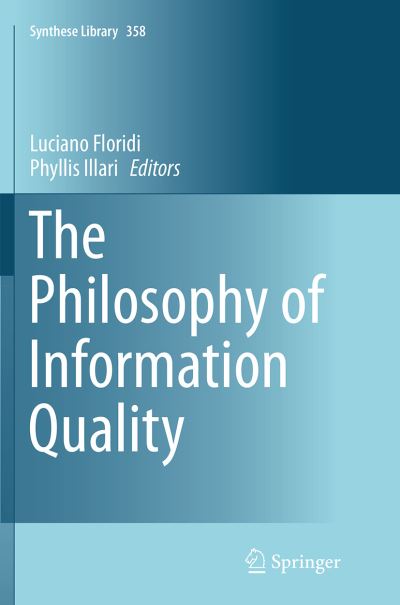
This work fulfills the need for a conceptual and technical framework to improve understanding of Information Quality (IQ) and Information Quality standards. The meaning and practical implementation of IQ are addressed, as it is relevant to any field where there is a need to handle data and issues such as accessibility, accuracy, completeness, currency, integrity, reliability, timeliness, usability, the role of metrics and so forth are all a part of Information Quality.
In order to support the cross-fertilization of theory and practice, the latest research is presented in this book. The perspectives of experts from beyond the origins of IQ in computer science are included: library and information science practitioners and academics, philosophers of information, of engineering and technology, and of science are all contributors to this volume.
The chapters in this volume are based on the work of a collaborative research project involving the Arts and Humanities Research Council and Google and led by Professor Luciano Floridi, University of Oxford.
This work will be of interest to anyone handling data, including those from commercial, public, governmental and academic organizations. The expert editors' contributions introduce issues of interest to scientists, database curators and philosophers, even though the issues may be disguised in the language and examples common to a different discipline.
| ISBN: | 9783319378244 |
| Publication date: | 10th September 2016 |
| Author: | Luciano Floridi, Phyllis Illari |
| Publisher: | Springer an imprint of Springer International Publishing |
| Format: | Paperback |
| Pagination: | 315 pages |
| Series: | Synthese Library |
| Genres: |
Philosophy Media studies Sociology Business innovation Technology: general issues Library and information sciences / Museology |